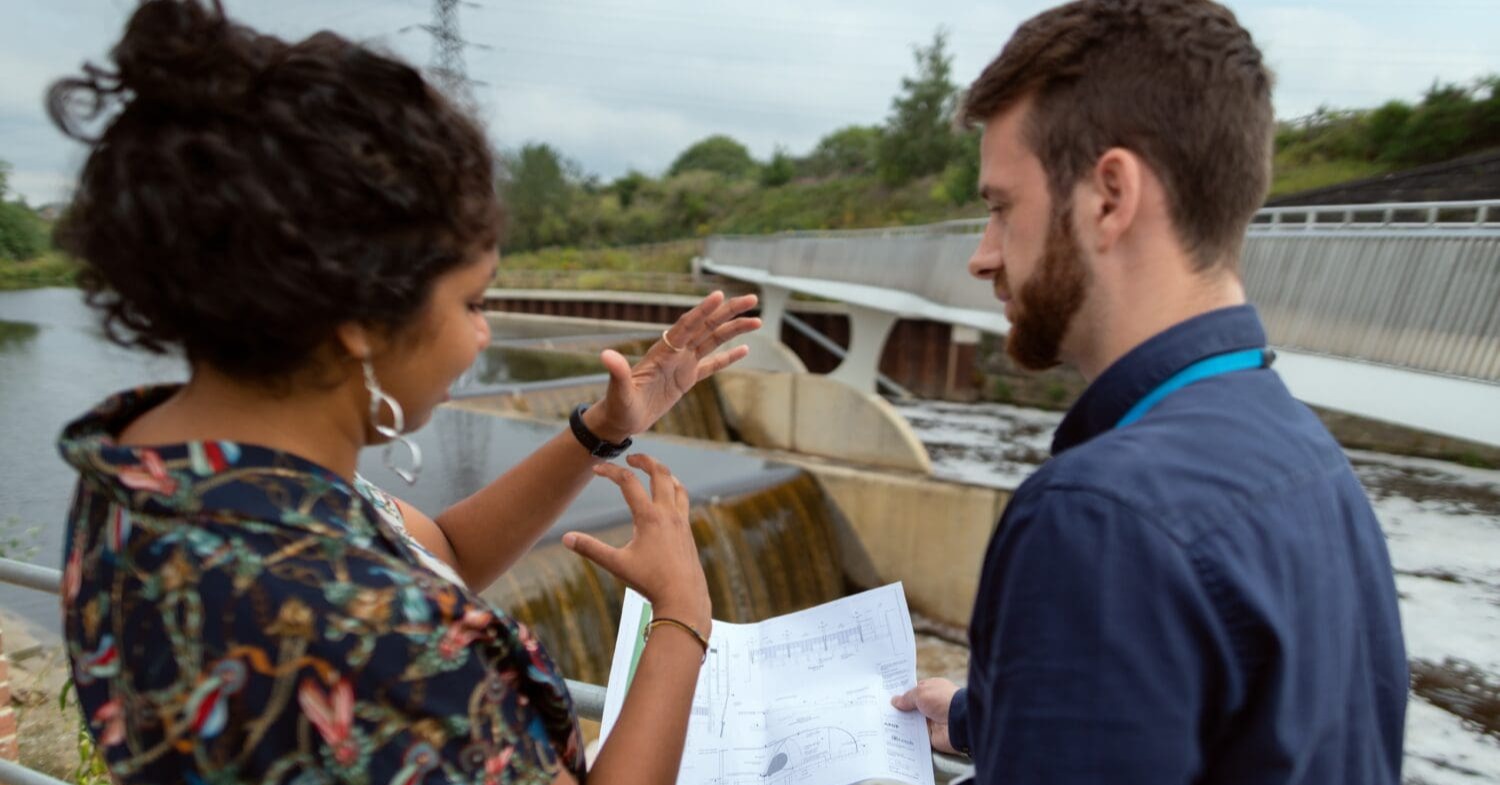There is no one-size-fits-all approach to designing a quality training program aligned to both employer and learner needs. Individuals we interviewed emphasized the importance of the content drivers we’ve outlined in this resource—Labor Market Trends, Market Viability, Training Viability, and Community Impact—for making programs relevant.
Training providers can lead not just by teaching new skills but also by shaping a new vision of what green work can be: resilient, inclusive, and rooted in community.
This type of culturally relevant and highly localized work requires deep collaboration among educators, workforce practitioners, and businesses to:
- Maintain open channels for community members, learners, and workers to contribute
- Develop strong communication norms to iteratively co-develop training aligned with emerging green technologies and industry needs
- Take advantage of shared infrastructure, such as training facilities and equipment, to maximize impact and reduce costs, and actively look for additional opportunities to maximize resources.
- Avoid duplication of efforts—or ensure that duplication is strategic and additive.
- Create applied learning opportunities, such as internships or project-based learning, that connect learners directly to green employers and current job opportunities.
- Participate in joint advocacy efforts that elevate the role of training and help secure private- and public-sector investments in green technologies, workforce training initiatives, and economic development efforts that benefit everyone.
By embracing a mindset of collaboration and of stewardship—of people, resources, and opportunities—training organizations and their regional partners can ensure that their communities and industries are not only prepared for the green economy but also positioned to thrive within it.

Growing Quality Green Jobs
All jobs have the potential to become quality green jobs through the intentional integration of green skills, knowledge, and job quality standards. Learn More

Unequal Opportunities: Examining Quality and Diversity in Green Jobs
The transition to a green economy must address existing barriers to opportunities for upward economic mobility. Employers play an important role in those efforts. Learn More

CREST Regional Challenge
Through the CREST Quality Green Jobs Regional Challenge, JFF has invested nearly $5 million in six communities across the country to promote upward economic mobility through green jobs training programs. Learn More

Training the Future Climate Workforce
This guide highlights the work of innovative providers of training programs and tech platforms that help people develop in-demand green skills and open pathways to well-paid careers. Learn More

Proactive Talent Strategies for a Green Workforce: A Guide for Small and Medium-Sized Businesses
By investing early and often in attracting and retaining top talent, small and midsize businesses can lead the way toward creating a sustainable and inclusive economy. Learn More
Authors
Sarah Bennett, Director, JFF
Madeleine Chaisson, Senior Manager, JFF
Acknowledgments
The authors would like to thank staff at the 17 organizations that shared time and expertise to make this resource possible. They are all doing incredible work galvanizing their communities and training the next generation of green professionals. See the Appendix for a full list of the organizations that helped us with our research.
We also appreciate the endless support and assistance of our JFF colleagues, in particular, JFF’s Climate Innovation leadership and project team, and especially Taj Eldridge, Jennifer Tee, Meena Naik, Ray Barbosa, Julia Delgado, and Carlin Praytor, all of whom made this report stronger through their consistent review and feedback.
About Jobs for the Future
Jobs for the Future (JFF) transforms U.S. education and workforce systems to drive economic success for people, businesses, and communities. www.jff.org
About Climate Resilient Employees for a Sustainable Tomorrow (CREST)
CREST is a five-year, $25 million career preparation and reskilling initiative of the Ares Charitable Foundation that aims to help close the gap between the demand for a skilled workforce for green jobs and the number of people prepared for these opportunities so that individuals achieve economic mobility. Working with our partners and local communities, the Ares Foundation can deepen our impact, harness new opportunities, and help create a more prosperous, resilient future that benefits generations to come.




